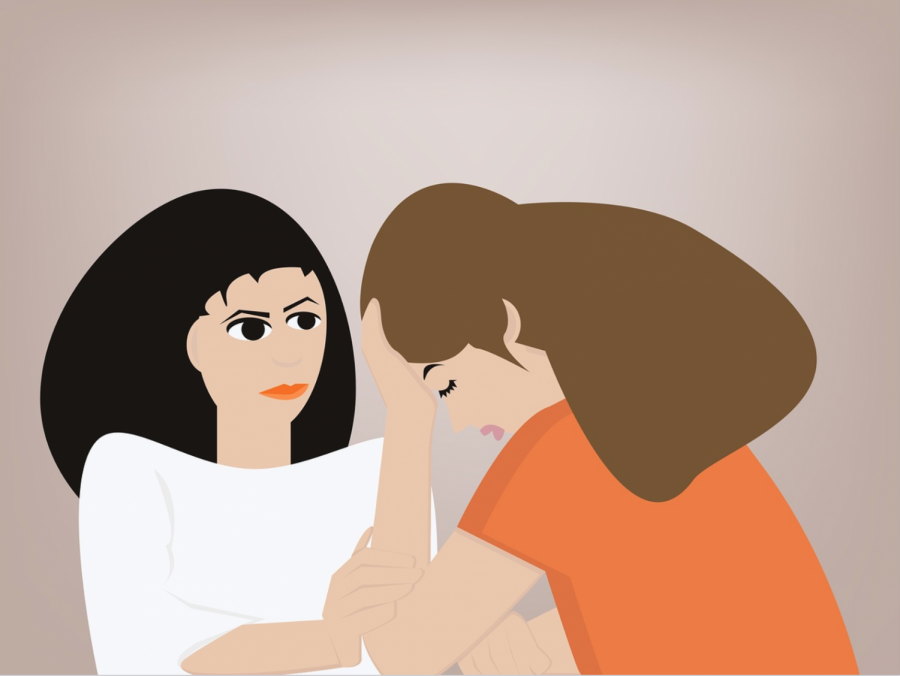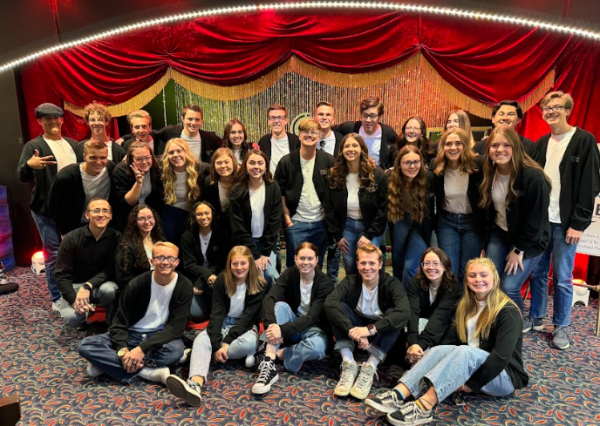Normalizing Therapy
Art of a woman talking to a therapist.
People assume if you attend therapy or mental counseling that there is in fact something wrong with you, or you have some problems to work out. Which isn’t necessarily incorrect, we all have problems, but that isn’t always the reason people choose to go. How many people do you know that go to therapy? Would you tell people if you were a patient? If you don’t know or answered no, then keep reading.
Therapy has gained such a reputation that is falsified by the public and is almost looked upon as shameful and somewhere you go because you need to be “fixed”. Therapy is actually something everyone should experience and could make you say “wow I didn’t realize how much I needed that”. Many people go not because it is “needed”, but for the purpose of keeping up with mental health or just expressing thoughts, behaviors, emotions and even beliefs before they can become corruptive. It is very advantageous to engage in.
Normalizing therapy would be very relieving to existing patients knowing people wouldn’t judge them for going or looking at them differently. As a patient, I have experienced this first hand and have hid from my friends that I would attend therapy regularly in fear of what they might think is wrong with me. My mom is a therapist, she has encouraged attendance my whole life and I can’t thank her enough for the lifestyle she has opened up for me. I personally have trauma and things to work through, but my favorite sessions are the ones where I just talk about my day and the experiences I’ve had.
Even though having mental illnesses or trauma shouldn’t be frowned upon, it is normal and millions of Americans face them each year. However, Boomers and Elders aren’t half as interested in participating in therapy as a solution compared to Millennials and Gen X –and that is the underlying source behind the corrupted image of therapy. In an article I read it says, “23% of adult Americans said they would never see a counselor.”. That means if we can begin to normalize and provide more understanding to the more open minded Millennials and Gen X’s, and even target them when Boomers are uncooperative, then we can have those benefits coming out soon and begin creating safer environments and healthier generations to come.





